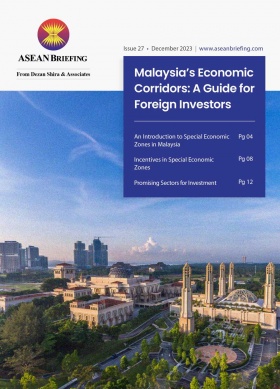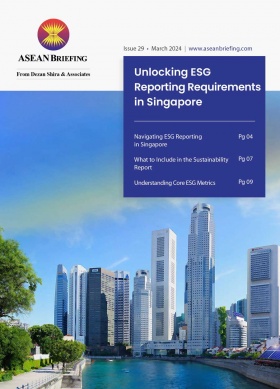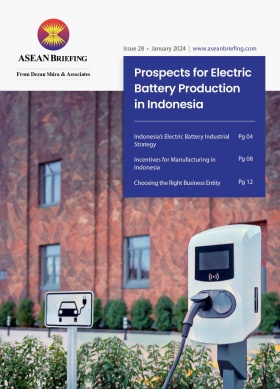A Guide to Estimated Chargeable Income Filing in Singapore
Incorporated companies in Singapore must file an Estimated Chargeable Income (ECI) for each year of financial assessment.
The ECI is calculated based on the company’s total income minus the taxable allowance and other deductions. The Inland Revenue Authority of Singapore (IRAS) uses the data from the ECI filings to have an early assessment of corporate performances. This information can assist the government in evaluating the health of businesses on a macro level as well as ensuring businesses are taxed properly.
Estimated Chargeable Income filing in Singapore
Every incorporated company must file an ECI within three months from the end of the financial year. However, a company is exempted if it qualifies for the ECI filing waiver or the company is specifically not required to file an ECI.
Under an ECI filing waiver, a company is exempted from filing the ECI if the company has an annual revenue of S$5 million (US$3.7 million) or below, or the company did not have an ECI for that financial year.
Specific entities not required to file an ECI
The following entities are not required to file an ECI:
- Foreign ship owners or charterers whose local shipping agent has submitted the shipping return;
- Foreign universities;
- Real estate investment trusts that have been granted the tax treatment under Section 43(2) of the Income Tax Act 1947;
- Designated unit trusts and approved CPF unit trusts;
- Specifically granted waivers from granting ECIs by IRAS.
ECI filing dates and installment options
The IRAS offers an installment scheme for ECIs that are filed early. As such, businesses can pay the taxable amount over several months. For instance, if a company’s financial year ends in December and the ECI is filed on January 26 of the following year, the company will be entitled to pay the tax in 10 installments (February – November).
- 1 month from the financial year-end, the company can pay the tax in 10 installments;
- 2 months from the financial year-end, the company can pay the tax in 8 installments;
- 3 months from the financial year-end, the company can pay the tax in 6 installments; and
- After 3 months from the financial year-end, there is no installment allowed.
Late filing
If a company is late in filing its ECI, the IRAS will issue an estimated Notice of Assessment based on the company’s previous years’ income.
The company must pay the full tax amount within one month from the date of the Notice of Assessment. They are also not eligible for installments.
Conclusion
Compliance with ECI filing requirements not only ensures adherence to tax regulations but also contributes to the government’s ability to assess corporate performance and maintain tax equity. Therefore, companies should prioritize timely and accurate ECI submissions to avoid penalties and foster a positive relationship with tax authorities.
About Us
ASEAN Briefing is produced by Dezan Shira & Associates. The firm assists foreign investors throughout Asia and maintains offices throughout ASEAN, including in Singapore, Hanoi, Ho Chi Minh City, and Da Nang in Vietnam, in addition to Jakarta, in Indonesia. We also have partner firms in Malaysia, the Philippines, and Thailand as well as our practices in China and India. Please contact us at asean@dezshira.com or visit our website at www.dezshira.com.
- Previous Article Hanoi’s Push to Become Southeast Asia’s Semiconductor Hub
- Next Article Digital Platforms Obligated to Pay for Media Content in Indonesia








